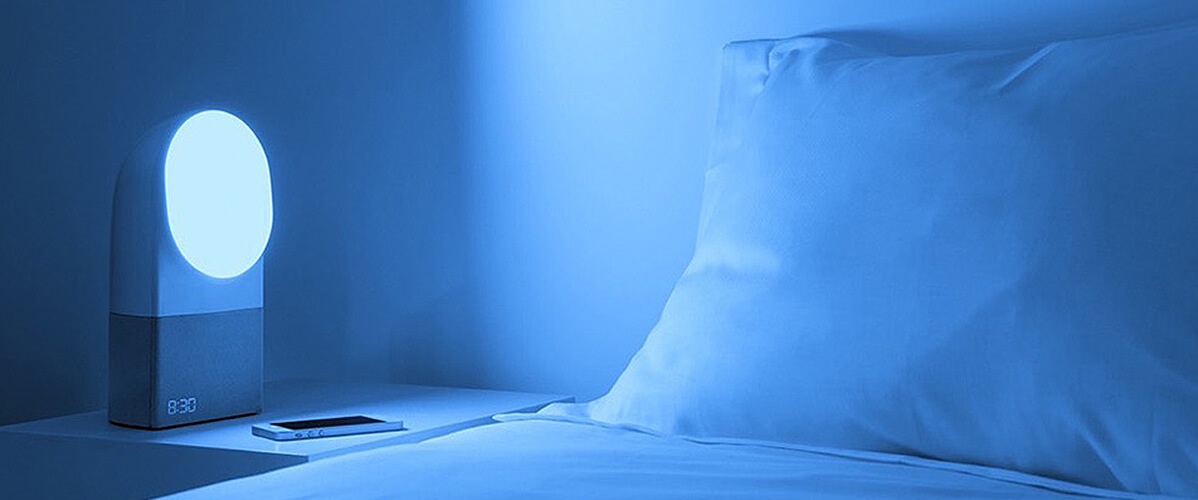
How Technology is Revolutionizing Sleep for Better Health
Sleep plays a crucial role in our overall well-being, yet many individuals struggle to achieve quality rest. Fortunately, advancements in technology are revolutionizing the way we approach sleep, providing innovative solutions to help people optimize their sleep patterns and improve their overall health. In this article, we explore how technology is enhancing sleep quality and offer insights from two experts in the field.
Dr. Sarah Lewis, a sleep specialist at the Sleep Health Foundation, highlights the positive impact of technology on sleep. She explains that technology can assist individuals in tracking and understanding their sleep patterns, providing valuable insights into their sleep quality and potential areas for improvement.
According to Dr. Lewis, wearable devices, such as smartwatches and fitness trackers, offer sleep-tracking features that monitor factors like sleep duration, sleep stages, heart rate, and movement. This data can help individuals identify patterns and make informed decisions to optimize their sleep routines. By gaining insights into their sleep habits, individuals can make adjustments to their sleep environment, bedtime routines, and daily activities to improve their sleep quality.
Dr. Lewis also emphasizes the role of technology in promoting relaxation and sleep onset. Apps and devices designed specifically for sleep, such as white noise machines, calming music playlists, and guided meditation apps, can help create a soothing environment conducive to falling asleep. These tools can assist in winding down and reducing stress levels, ultimately promoting a more restful sleep experience.
Professor James Smith, a human-computer interaction researcher, shares his insights on the innovative ways technology is helping people sleep. He highlights the development of smart home devices and sleep-enhancing technologies that create a personalized sleep environment.
According to Professor Smith, smart home devices, like smart lighting systems, can be programmed to mimic natural light patterns, promoting a healthy circadian rhythm. This technology can help regulate sleep-wake cycles and improve sleep quality. Additionally, smart mattresses and sleep tracking devices can adjust mattress firmness, monitor sleep posture, and provide personalized feedback, ensuring optimal comfort and support during sleep.
Professor Smith also discusses the role of artificial intelligence (AI) in sleep technology. AI-powered sleep analysis algorithms can interpret sleep data collected from wearables and provide personalized recommendations for improving sleep quality. These algorithms can identify specific sleep disturbances, such as snoring or breathing irregularities, and suggest potential solutions or interventions. By leveraging AI, individuals can gain deeper insights into their sleep patterns and receive tailored guidance to address sleep issues.
Technology has become a valuable ally in helping individuals achieve better sleep and improve their overall health. Insights from experts Dr. Sarah Lewis and Professor James Smith highlight the transformative impact of technology on sleep quality.
Sleep tracking devices and wearable technology provide valuable insights into sleep patterns, allowing individuals to make informed adjustments to their sleep routines. This data-driven approach empowers individuals to optimize their sleep environment and habits for better rest.
In addition, sleep-specific apps, smart home devices, and AI-powered sleep analysis algorithms offer innovative solutions to promote relaxation, regulate sleep-wake cycles, and provide personalized recommendations for improving sleep quality. These advancements contribute to a more holistic and personalized approach to sleep health.
As technology continues to evolve, we can expect further innovations in sleep technology. By leveraging these advancements and adopting healthy sleep practices, individuals can unlock the potential of technology to support restful nights, enhance well-being, and improve the overall quality of life.


